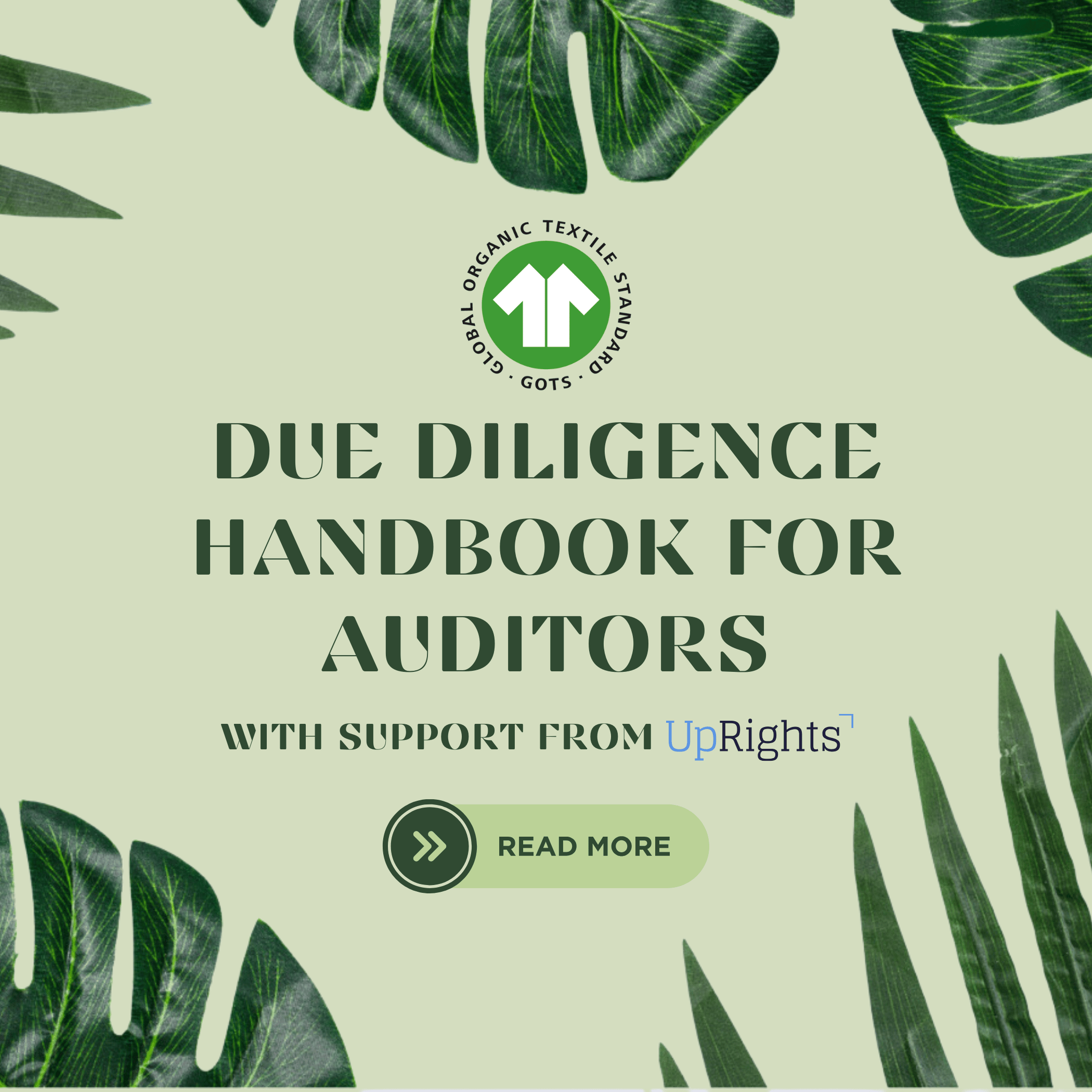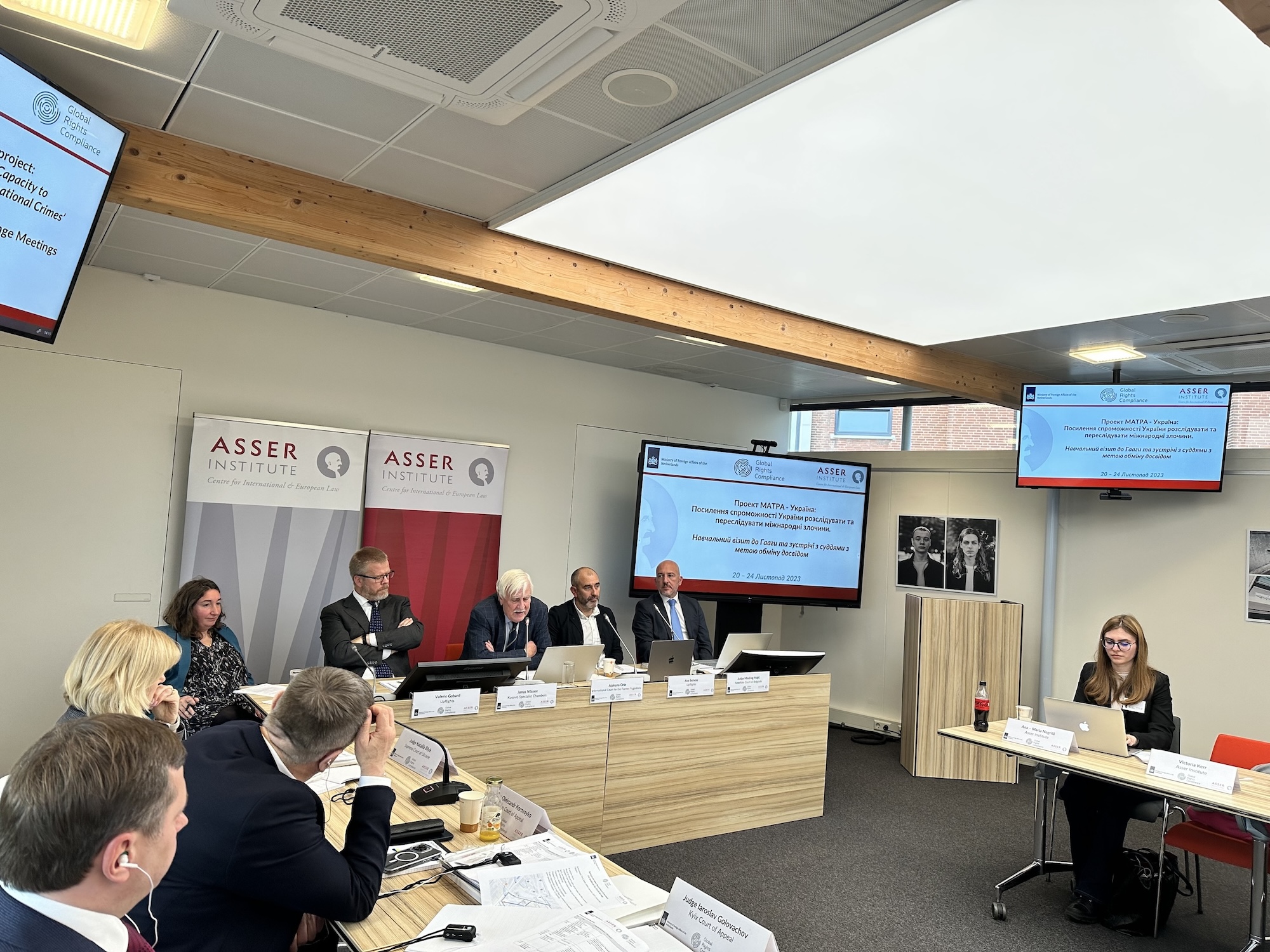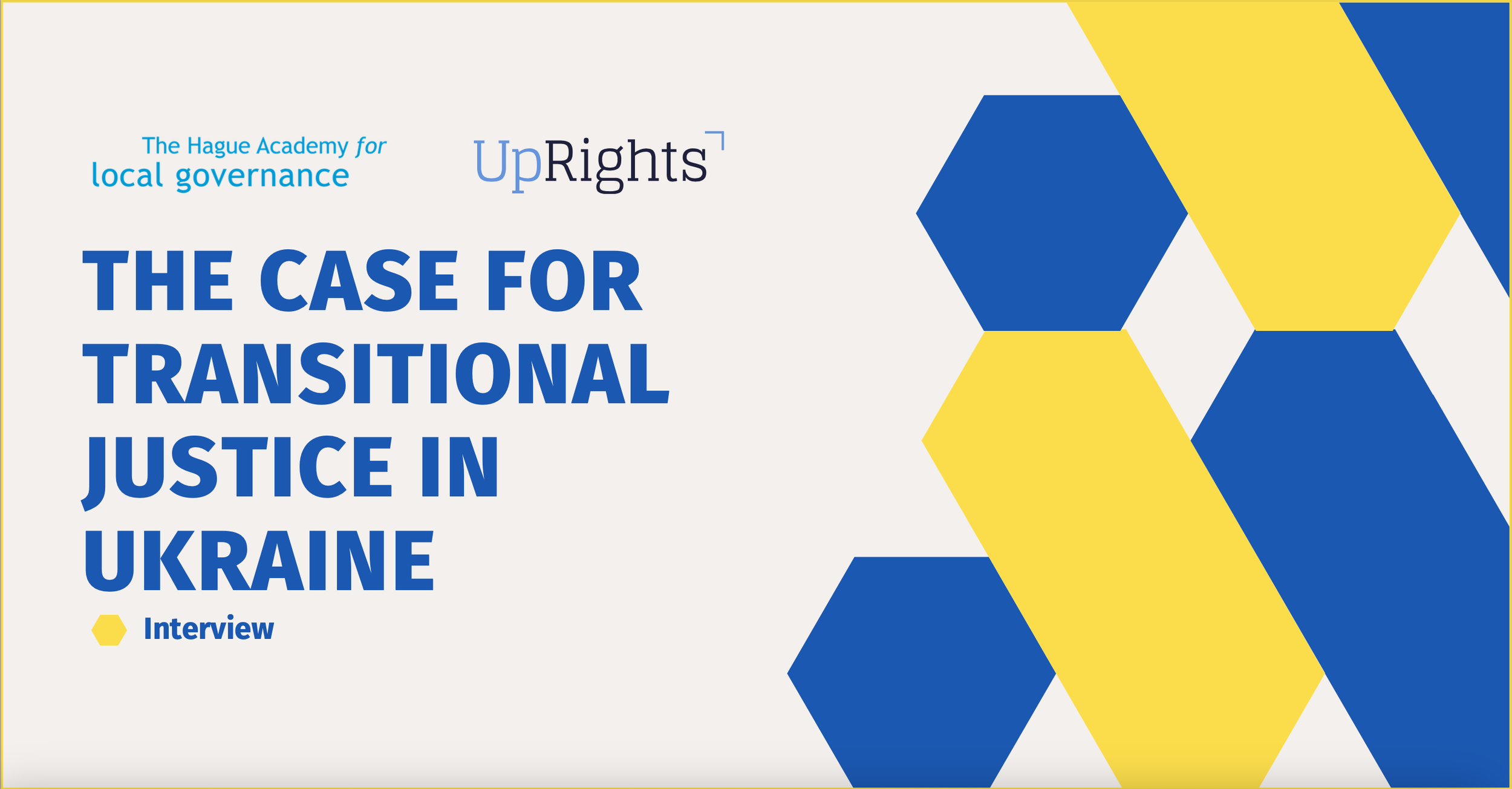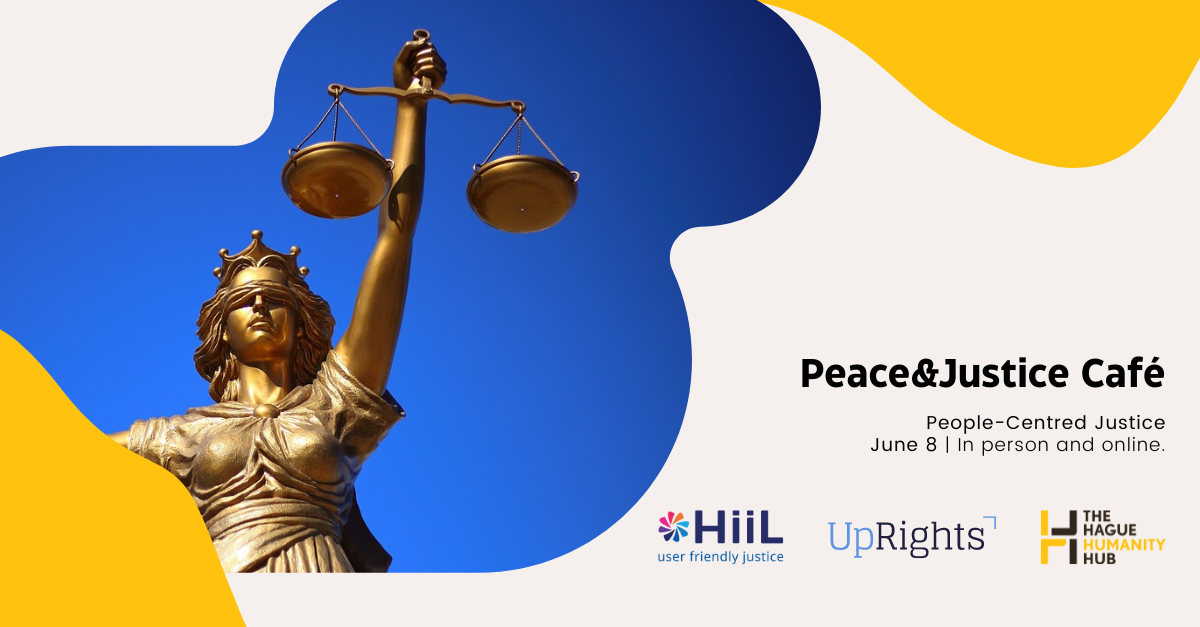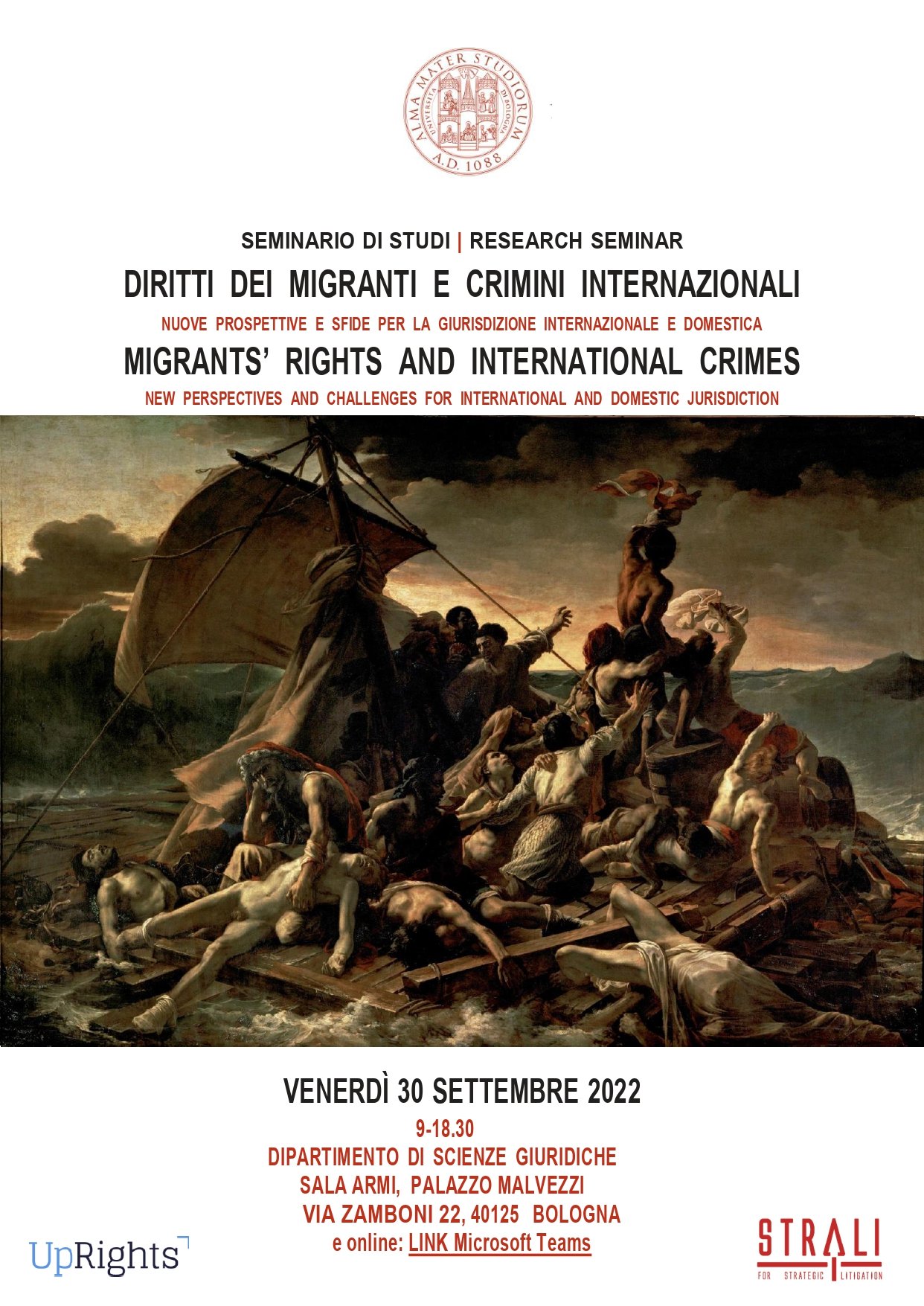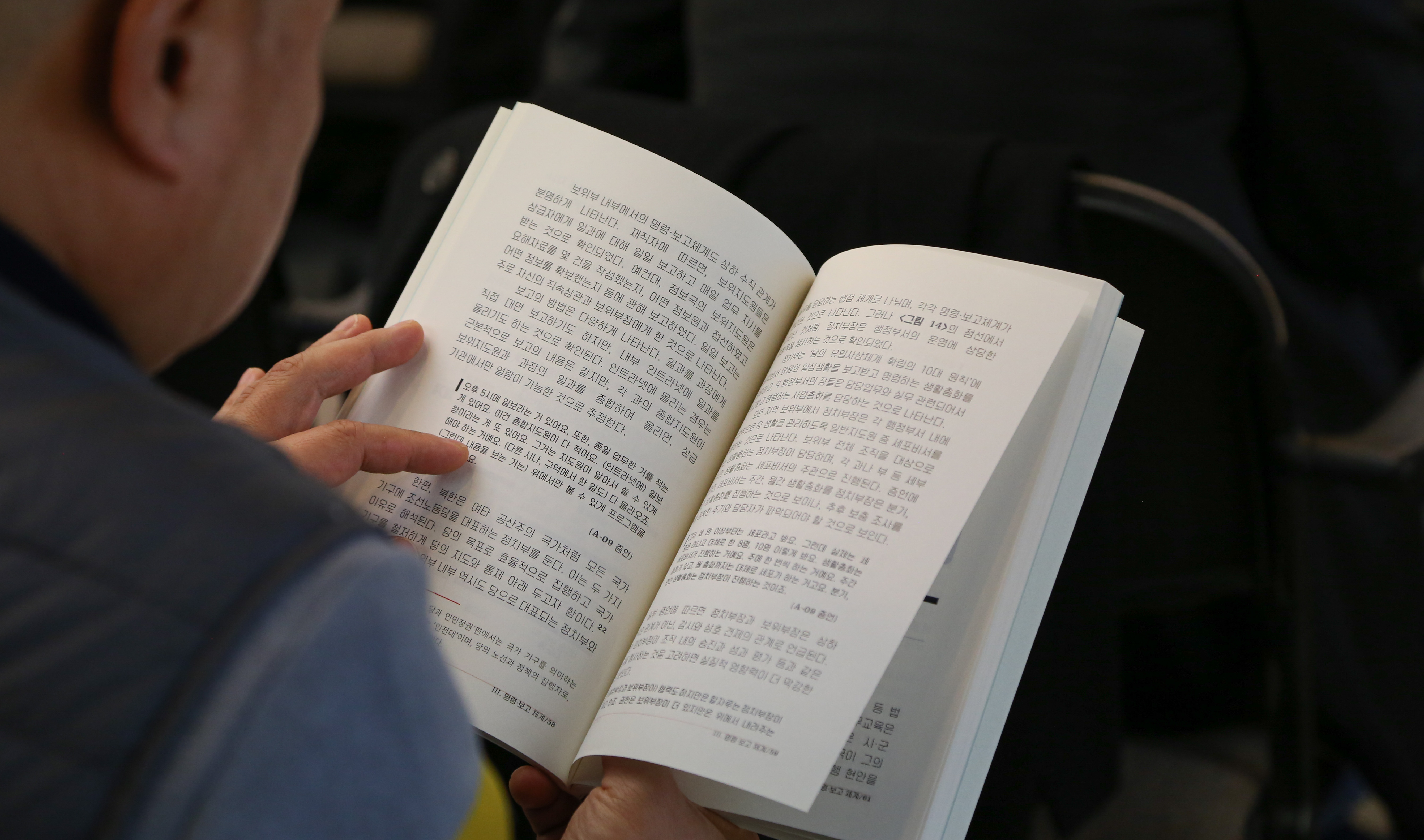Heightened Human Rights Due Diligence: Lessons from Conflict Zones and Corporate Accountability
27-11-2024

On Friday, November 22, UpRights’ Co-Director Valérie Gabard took part in a conference on corporate human rights due diligence co-hosted by the University of Nîmes , Juristes sans Frontières, and with the support of the Montpellier, Nîmes and Alès Bar associations.
The conference brought together experts and practitioners to discuss the growing responsibilities of businesses to respect human rights and protect the environment.
As part of her panel, Valérie discussed the importance of conducting heightened human rights due diligence for companies operating in conflict zones or high-risk areas, focusing on its value to minimize risks of harms for civilians and for businesses to contribute by the activities to the commission of serious human rights violations.
Revisiting the Foundations: Heightened Human rights Due Diligence in Conflicts or High-Risk Zones
Valérie began by grounding her discussion in the standards set by the UN Guiding Principles on Business and Human Rights, which codified the corporate responsibility to respect human rights. Corporate responsibility requires businesses to conduct human rights due diligence, a process consisting of identifying, preventing, and mitigating risks of human rights harm. In this regard, Valérie notably stressed that traditional due diligence processes need to be tailored to high-risk areas where armed conflict, weak governance, and systemic violence exacerbate vulnerabilities.
Heightened human rights due diligence, as she explained, therefore emerges in the form of complementary UN guidelines proposing a more tailored approach to the human rights situation on the ground. This includes:
- Understanding the local conflict context to anticipate how business operations might impact or exacerbate existing tensions.
- Engaging meaningfully with affected stakeholders, such as displaced communities, local authorities, and, where feasible, even armed groups.
- Applying a comprehensive legal framework that integrates international humanitarian law and international criminal law alongside human rights standards.
- Planning a disengagement strategy in advance as an option for addressing adverse human rights impact but taking into account whether suspending or exiting could exacerbate tensions within populations and whether the harms outweigh the benefits.
Building on UpRights’ Work: The TotalEnergies Case
Valérie’s presentation drew from UpRights’ 2023 report on TotalEnergies’ natural gas project in Cabo Delgado, Mozambique—a prime example of the consequences of inadequate human rights due diligence in a conflict-affected region. Commissioned by Justiça Ambiental!, Friends of the Earth Europe, Friends of the Earth, Milieudefensie and conducted independently by UpRights, the report highlighted significant shortcomings in TotalEnergies’ approach to heightened human rights due diligence and conflict sensitivity.
The Cabo Delgado region has indeed been embroiled in an armed conflict since 2017, marked by egregious human rights abuses and violations, including mass killings, sexual violence, and forced displacement committed by both the armed group and the Mozambique armed forces. Despite these conditions, TotalEnergies failed to implement a heightened due diligence process when it became the operator of the project in 2019 but also in 2021 when it finally conducted its own human rights due diligence process.
This failure to conduct a heightened human rights due diligence process led to a disregard of whether the Project’s presence and activities may contribute to the conflict and to the serious human rights violations and abuses committed against local population.
For instance, TotalEnergies and the government of Mozambique signed a Memorandum of Understanding providing that the project’s area of operation will be secured by a Joint Task Force (JTF) composed of the Mozambican military and police force. This agreement includes material and financial support to the armed forces. If the HRRD process had conducted an heightened human rights due diligence process, it may have led TotalEngeries to realize that the relationship between the Project and the Mozambican armed forces could be considered as a form of assistance or support from the Project to the JTF part of the Mozambican armed forces, a party to the conflict.
UpRights’ report argued that a robust due diligence process could have anticipated these risks, mitigating harm to civilian populations and shielding the company from potential complicity in international crimes.
Valérie notably emphasized that these findings are not hypothetical concerns but a stark warning for businesses operating in similar contexts. The absence of proper due diligence not only exacerbates human suffering but also exposes corporations to significant legal and reputational risks.
Recent allegations of serious human rights violations involving the Mozambican military forces providing security for TotalEnergies’ project in Cabo Delgado have once again underscored that point and the importance of ensuring that HRDD frameworks fully consider the specific challenges of conflict-affected areas and of a thorough and sensitive approach in safeguarding communities.
Heightened human rights Due Diligence as a Preventative Tool
In her intervention, Valérie articulated a clear vision of what enhanced due diligence entails for businesses in conflict-affected and high-risk areas. Beyond traditional human rights assessments, it demands a nuanced understanding of local conflict dynamics and their interplay with business operations. For example:
- Conflict-sensitive mapping: Businesses must identify root causes, key actors, and potential triggers of violence within the regions where they operate.
- Holistic risk assessment that includes the conflict and human rights situation in the country: This involves evaluating the potential for operations to fuel existing tensions or create new grievances.
- Proactive stakeholder dialogue: Companies need to engage directly with affected communities by the conflict and serious human rights violations and consider their perspectives in decision-making processes.
Valérie also highlighted the importance of planning for worst-case scenarios, such as the suspension of operations. TotalEnergies, for instance, lacked a responsible exit strategy when violence escalated in Cabo Delgado, leaving workers, subcontractors, and displaced communities unsupported.
Toward a Binding Framework
Valérie concluded her presentation with a forward-looking perspective, linking heightened human rights due diligence to emerging legal frameworks. While the UNGPs provide foundational principles, they lack binding force. However, the new European directive on corporate sustainability due diligence marks a significant step forward, making Human rights due diligence mandatory for European businesses. The European directive expressly mentions the importance of conducting this process in its heightened form for businesses operating in conflict zones and high-risk areas.
UpRights’ Vision for Change
Valérie’s intervention reaffirmed UpRights’ commitment to promoting accountability and the rule of law particularly in fragile human rights contexts.
The TotalEnergies case, she noted, is both a cautionary tale and a call to action. Heightened human rights due diligence is not merely a regulatory hurdle but must be seen as a moral imperative for businesses that wish to operate responsibly in a globalized world.
Let’s meet.
UpRights is based in The Hague, Netherlands
Info@uprights.org
Phone: +31 707013213



